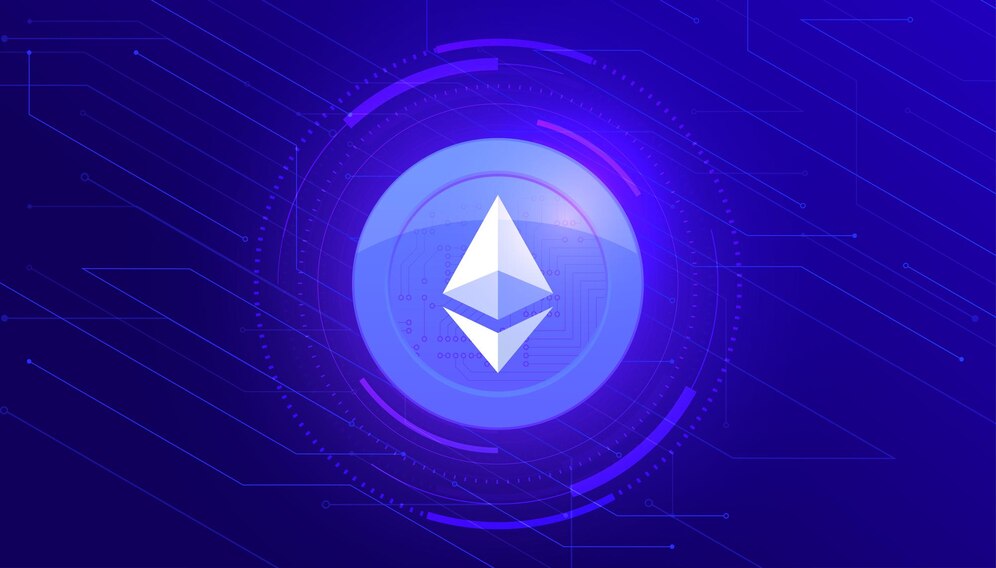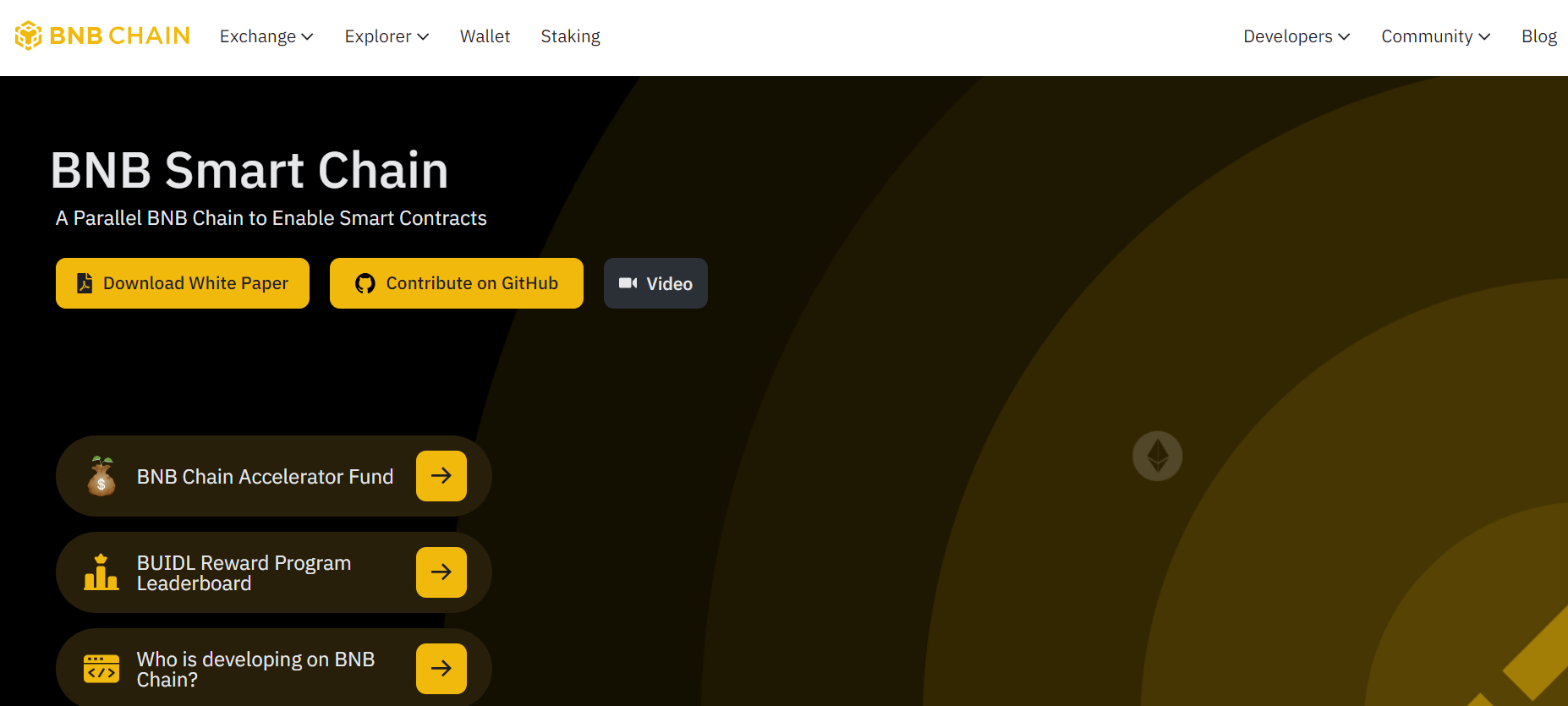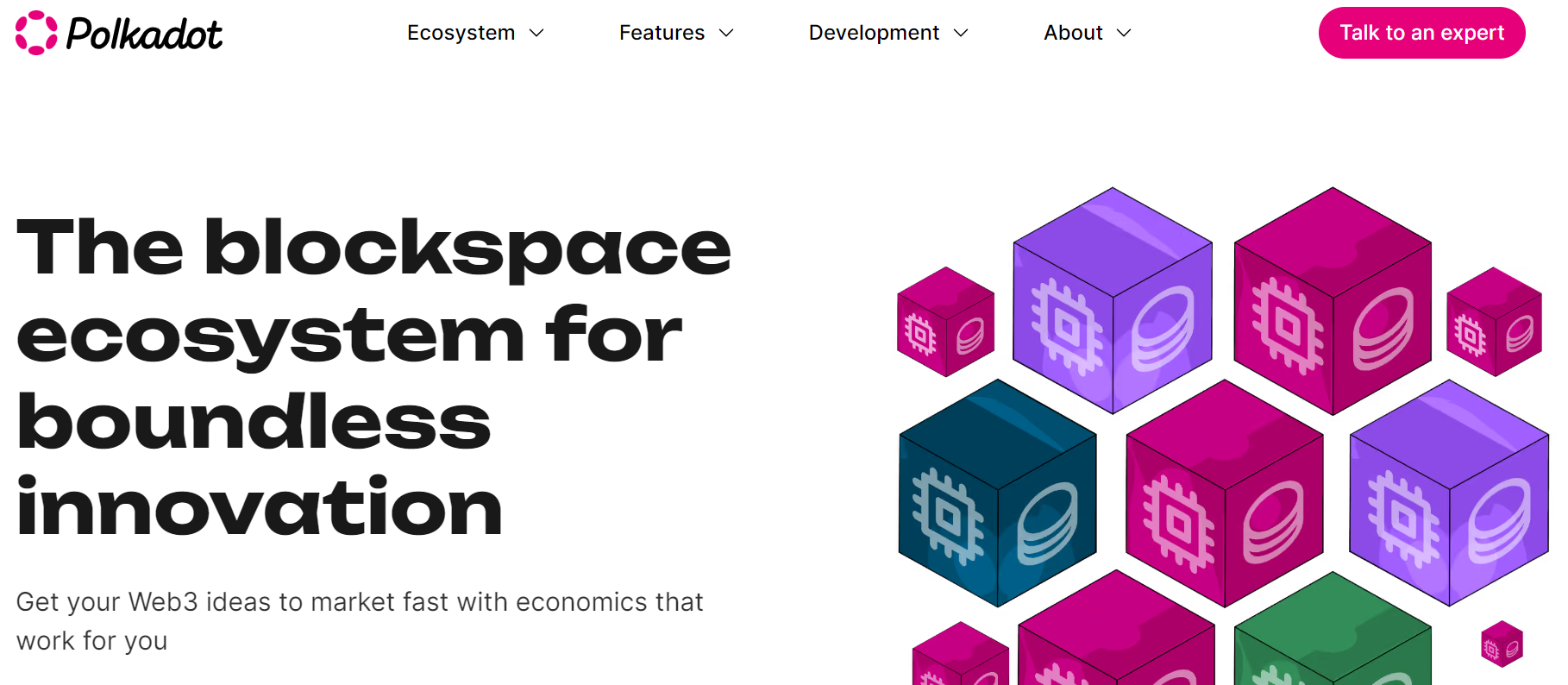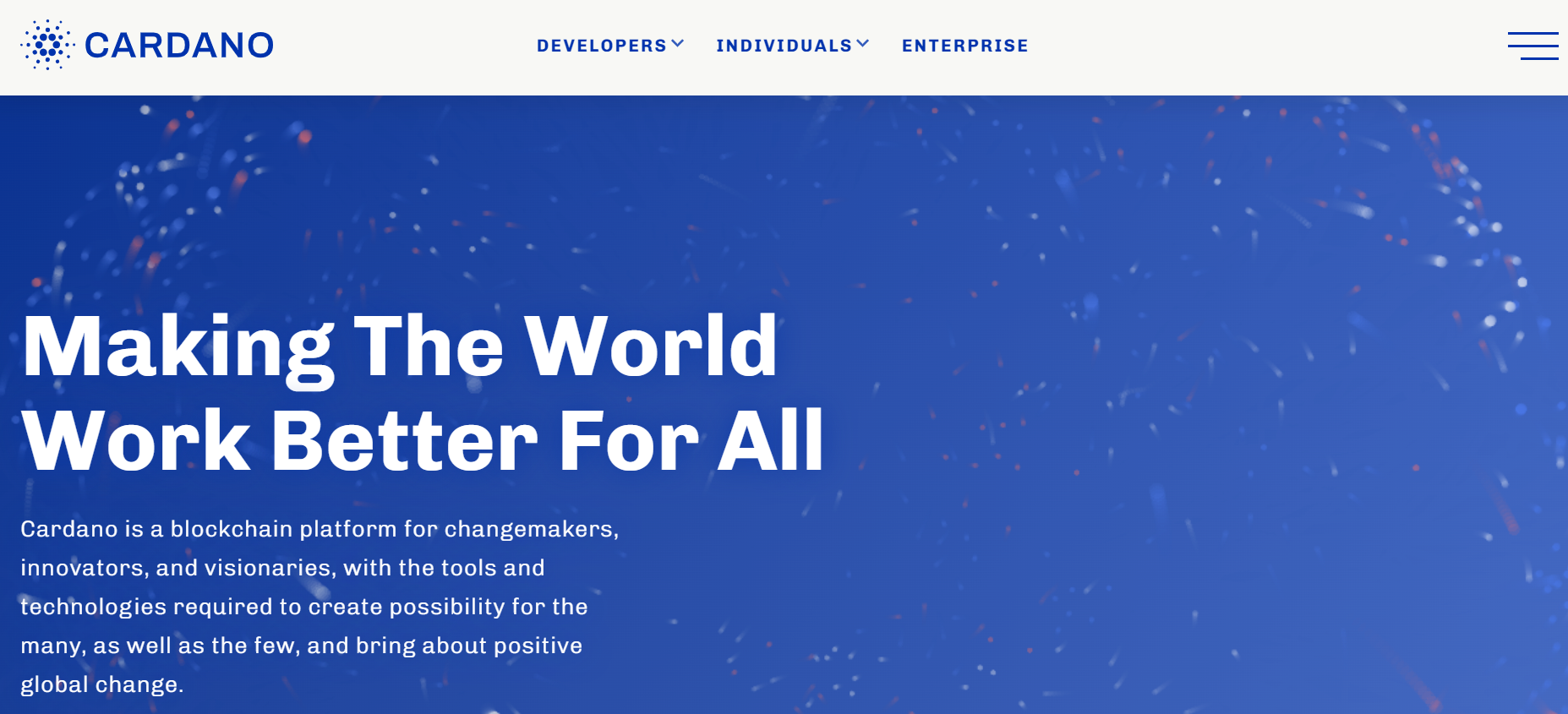Other Smart Contract Platforms vs. Ethereum: A Comparative Analysis
As the demand for scalable and interoperable smart contract platforms grows, Ethereum faces competition from platforms like Binance Smart Chain (BSC), Polkadot, and Cardano. Visit this Link to buy Ethereum, the latest trend in the crypto world.
Smart Contract Platforms vs. Ethereum
Binance Smart Chain
Binance Smart Chain (BSC) is a blockchain platform developed by the popular cryptocurrency exchange Binance. It was designed to complement the existing Binance Chain and offer compatibility with the Ethereum Virtual Machine (EVM). BSC utilizes a consensus mechanism called Proof of Staked Authority (PoSA), which combines Proof of Stake (PoS) and Byzantine Fault Tolerance (BFT) protocols.
In terms of scalability, BSC has gained attention for its ability to handle a significantly higher transaction throughput compared to Ethereum. This is achieved by using a network of 21 validators who produce blocks at a faster rate. Consequently, BSC has lower transaction fees, making it an attractive option for developers and users alike.
One of the key advantages of BSC is its compatibility with the Ethereum ecosystem.
Developers can easily port their Ethereum-based DApps to BSC with minimal modifications, leveraging the existing tools, libraries, and user base. This compatibility has contributed to the rapid growth of BSC’s ecosystem, with numerous decentralized finance (DeFi) projects and DApps migrating to or launching on the platform.
However, it’s important to consider the trade-offs associated with BSC. As a more centralized blockchain compared to Ethereum, BSC relies on a smaller number of validators, which could raise concerns about decentralization and censorship resistance.
Polkadot
Polkadot is a unique multi-chain framework designed to address the scalability and interoperability challenges faced by traditional blockchains. Developed by Gavin Wood, one of the co-founders of Ethereum, Polkadot introduces a novel approach to connecting and securing multiple blockchains within its network.
At the heart of Polkadot’s architecture is its shared security model, where multiple blockchains, referred to as parachains, can connect to the Polkadot Relay Chain. This enables interoperability between different chains and allows them to share the same level of security provided by Polkadot’s robust consensus mechanism called the nominated proof-of-stake (NPoS).
Unlike Ethereum’s single-chain structure, Polkadot’s multi-chain framework offers several advantages. It allows for better scalability as multiple parachains can run in parallel, thereby increasing the overall transaction capacity of the network. Additionally, Polkadot’s modular design allows parachains to specialize in specific functionalities, promoting innovation and flexibility.
Another notable feature of Polkadot is its governance model, which provides stakeholders with the ability to participate in decision-making processes through on-chain voting. This decentralized governance approach aims to foster community involvement and promote long-term sustainability.
While Polkadot offers compelling solutions to scalability and interoperability, it’s important to note that the platform is still in its early stages of development. As a result, the number of parachains and projects on Polkadot is currently limited compared to Ethereum. However, the platform has seen notable projects and initiatives, such as Acala, Chainlink, and Moonbeam, gaining traction and building on its infrastructure.
Cardano
Cardano is a blockchain platform that aims to provide a secure and scalable infrastructure for the development and execution of smart contracts. Founded by Charles Hoskinson, one of the co-founders of Ethereum, Cardano differentiates itself through a research-driven approach and a focus on formal verification.
Ouroboros is a proof-of-stake (PoS) protocol that aims to achieve both security and scalability. It ensures that the network reaches consensus through a decentralized process, where stakeholders with a higher stake have a greater influence over the consensus mechanism.
Scalability is a significant consideration for any smart contract platform, and Cardano addresses this through its two-layer architecture. The Cardano Settlement Layer (CSL) handles the settlement of transactions and the execution of smart contracts, while the Cardano Computation Layer (CCL) focuses on the computation and processing of smart contracts.
Cardano also places a strong emphasis on peer-reviewed research and formal verification. Formal verification involves mathematically proving the correctness of smart contracts, reducing the risks of vulnerabilities and bugs. By prioritizing this rigorous approach, Cardano aims to provide a more secure and reliable environment for smart contract development.
While Cardano has made significant progress in its development, it’s important to note that the platform is still in its early stages. As a result, the number of fully deployed DApps and projects on Cardano is relatively limited compared to Ethereum. However, the platform has gained attention for its commitment to academic rigor and collaboration with various research institutions.
Conclusion
While Ethereum remains a dominant force in the smart contract platform space, BSC, Polkadot, Cardano, and Solana present compelling alternatives. BSC offers compatibility and high transaction throughput, Polkadot emphasizes scalability and interoperability, Cardano focuses on research-driven development, and Solana boasts innovative consensus mechanisms and fast transaction speeds.




















